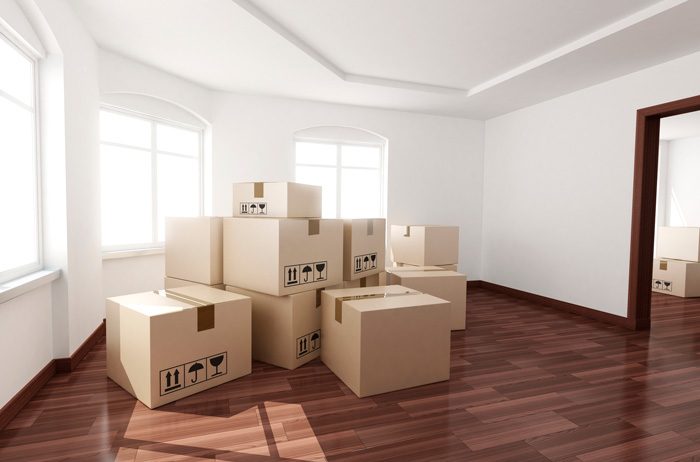When moving from one home to another, the distance between the two largely determines how stressful and chaotic the move will be. If you’re simply moving within the same town, it should be a relatively seamless process – provided you have a local mover on your side that you can trust.
That being said, despite only moving a short distance away, there are still a number of relocation challenges to expect. So, to prepare for your in-town move as thoroughly as possible, review these five tips:
1. Come Up With a Moving Checklist
The success of your in-town move will depend largely on how organized you are and how many tasks you can complete before the actual moving day. The best way to achieve that is to follow a checklist of the tasks that need to be done, listed in priority such as one-month out, two weeks out, the day of, etc.
2. Create a Budget
A big part of planning is figuring out how you will pay for it all. Yes, you could do a DIY move to save cash on the surface, but you will end up spending about the same anyway when you consider the truck rental, insurance, moving equipment rentals, packing supplies, etc. Plus, if you damage your belongings due to inexperience and hastiness, you will add to your growing list of costs. You’re best off hiring local movers from the start.
Determine what you will need them for, whether moving only, or packing/unpacking and piano moving as well. Don’t forget cash to tip your movers.
3. Clean Out the Junk
Short local moves may be a bit easier than long-distance ones but this doesn’t mean you have to haul all your junk with you to add to costs. This is a perfect opportunity to declutter your home and get rid of any items you haven’t used for a long time. You will save valuable packing time, energy and money, as the less time your local movers are there, the less money you have to pay them.
4. Invest in the Right Packing Materials
Despite the short distance of your move across town, you will still need to protect your items against damage. Pick up some high-quality moving supplies, including sturdy boxes, or ask your mover to bring them for an extra charge. You will need:
- Cardboard boxes of varying sizes
- Packing paper
- Packing tape
- Bubble wrap for kitchen dishes, glassware, and other breakables
- Blankets and padding for electronics like TVs and computers
5. Pack
While you may be hiring movers to load up and unpack your heavy items like furniture, you may decide to haul the small stuff on your own – if your new home is just a quick trip away. To save money on boxes and other supplies, you may choose to undertake several small-scale trips to your new place so you can empty the filled boxes and use them again for your next jaunt over there.
Contact Moving Proz
For help with your local in-town move, contact us in one of our three convenient locations:
Overland Park: 913-815-4044
Lawrence: 785-915-9761
Kansas City: 816-945-6333
